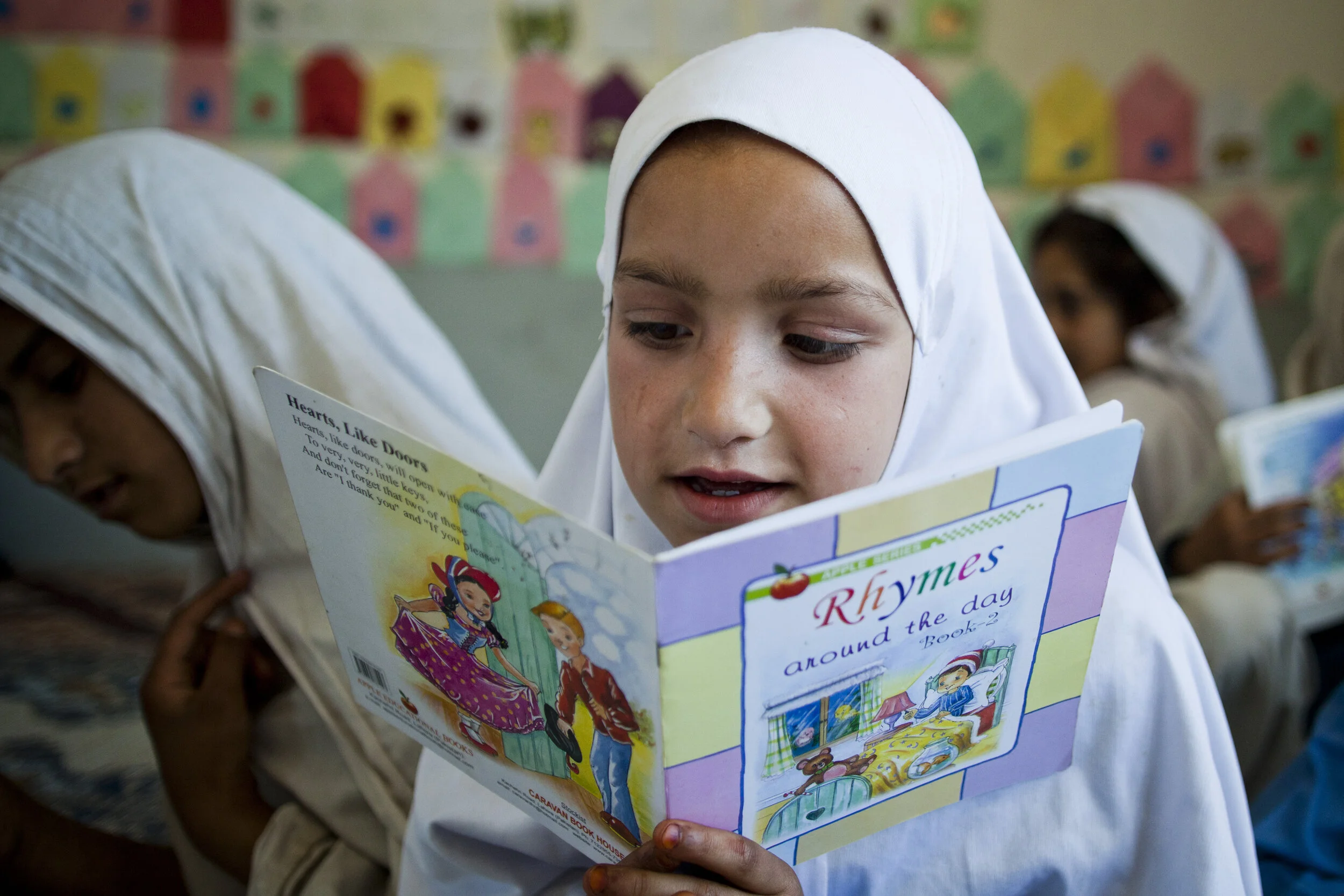World Bank Group, 1997
The accumulated results of empirical studies by the World Bank show that the public sector typically chooses spending on inputs such that the productivity of additional spending on books and instructional materials is 10 to 100 times larger than that of additional spending on teacher inputs (for example, higher wages, small class size).

